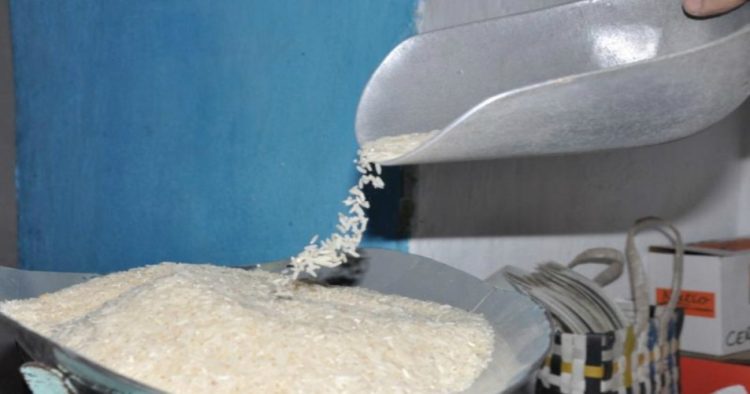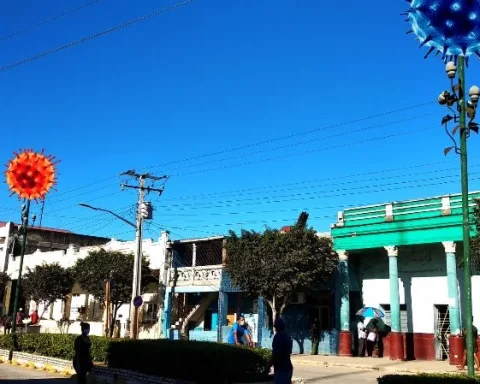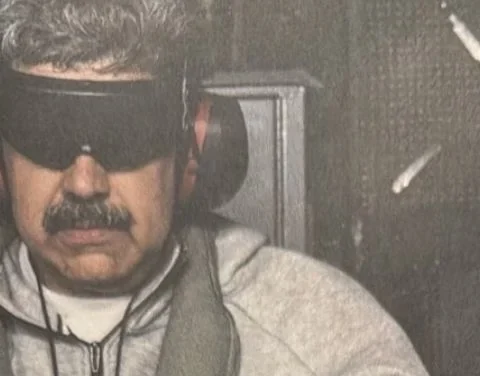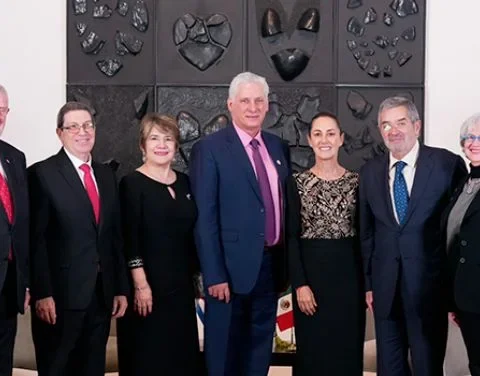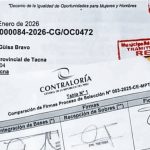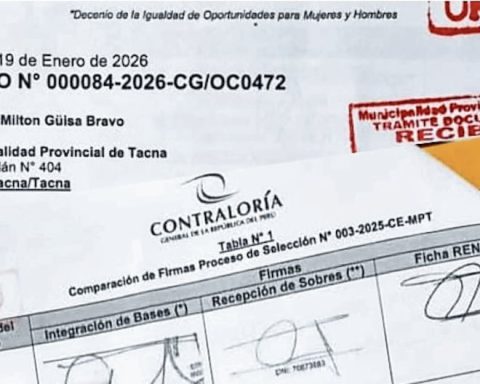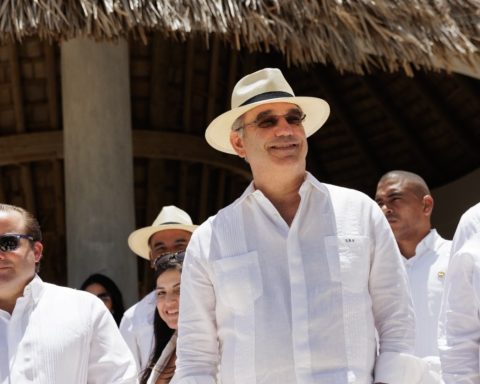AREQUIPA, Peru – Next October the Cuban regime will implement an experimental model of rice planting in several provinces, in collaboration with Vietnam, a country that usually donates grain to the Island despite Castro’s failed attempts to achieve “sovereignty.” “food”.
A report from the state media Cubadebate indicates that the initiative is part of an investment project together with the Mayabeque Agroforestry Group, which will begin at Finca Pellejero, located in Güines, focusing on the use of hybrid seeds imported from the Asian country.
According to Nguyen Thi Thom, director of Agri Vma, a Vietnamese company in charge of this task, 1,500 hectares will be harvested in this first stage, with an average yield of seven tons.
The experimental model seeks to increase agricultural production and improve the yields of idle Cuban lands, at the same time as it is the first time it is cultivated. a grain of this type in the national territory.
In this regard, Thi Thom pointed out that after the harvest they would carry out an exchange on the techniques applied in the field, and would provide technical attention to ensure the success of this crop.
William Nieblas Rivas, producer responsible for the farm, commented that, in a trial attempt, the hybrid seed adapted well to the Cuban soil. “The Vietnamese did not know our lands and we did not know their seeds,” he said.
Likewise, the official press announced that, following this trend, for the upcoming cold season in November, the cultivation of more than 15,000 hectares is planned in the various regions of Cuba that will be destined for consumption in the country.
Rice is an essential part of the diet on the Island, a grain that consumed daily and compensates for the lack of other products on the Cuban plate. Despite this, it is scarce, and its purchase has become more expensive in recent years due to inflation and the economic crisis.
This Wednesday it emerged that more than 146 tons of food were donated by the Algerian government to the Cuban regime to support “the difficult financial situation.”
At the Ministry of Foreign Trade and Foreign Investment, the deputy head of the branch, Déborah Rivas Saavedra, thanked what she described as an “important donation.”
In her statements, the official mentioned that the cargo was made up of foods such as rice, oil, pasta and others. “All essential in the nutrition of the Cuban population,” he highlighted.
The official discourse has been echoed by its followers in other countries, who blindly believe in the government discourse and blame the embargo for the evils suffered by the people.
Despite frequent international donations, the crisis in Cuba It doesn’t seem to have an end in sight.
A recent report from the independent Observatory Cuban of Human Rights (OCDH) revealed that the food crisis constitutes the main social problem in the country (this was indicated by 72% of those surveyed by the NGO).
The study also indicates that in Cuba seven out of ten people have stopped eating breakfast, lunch or dinner, due to lack of money or food shortages. Only 15% have been able to eat three meals a day without interruption.
